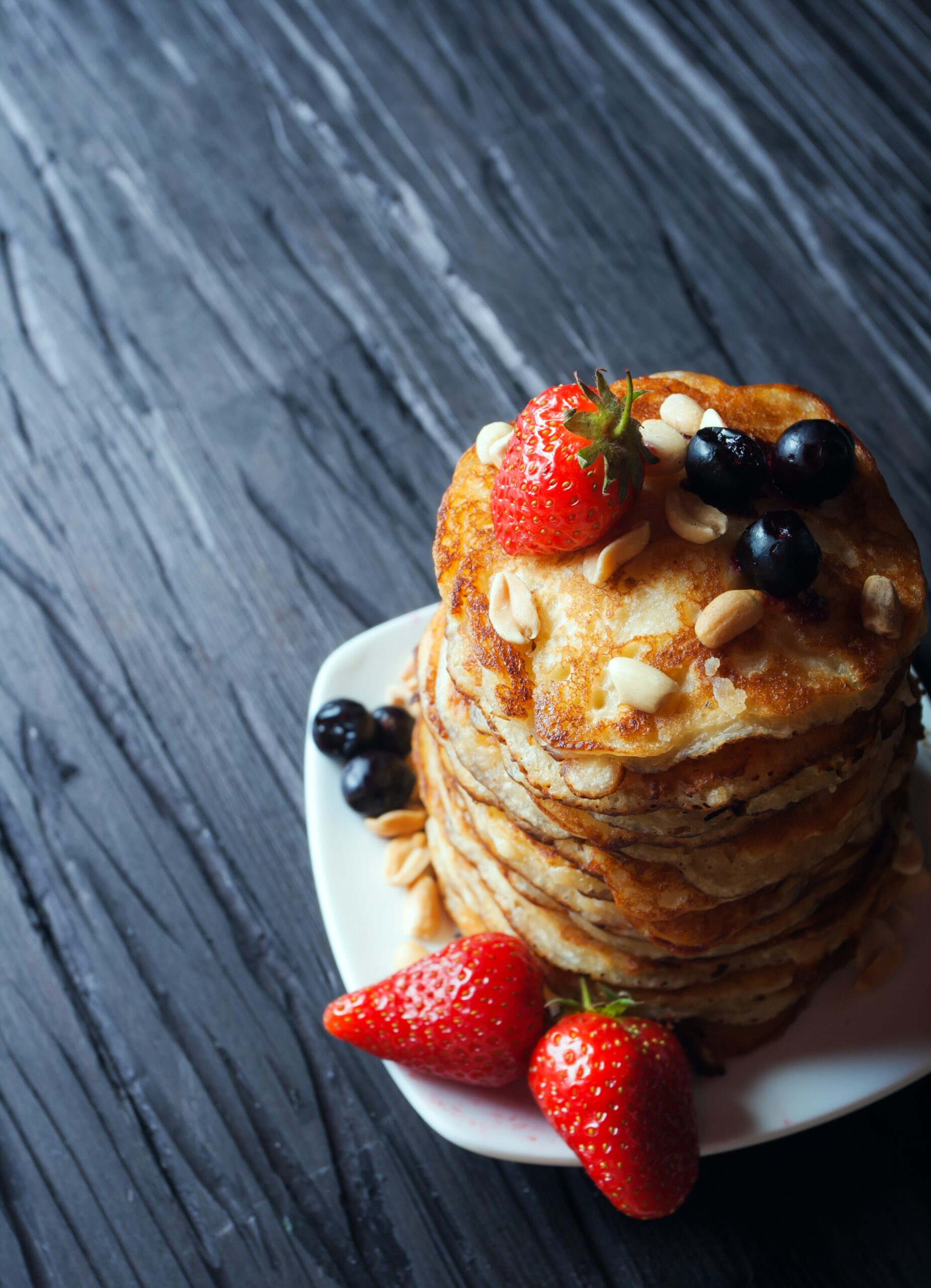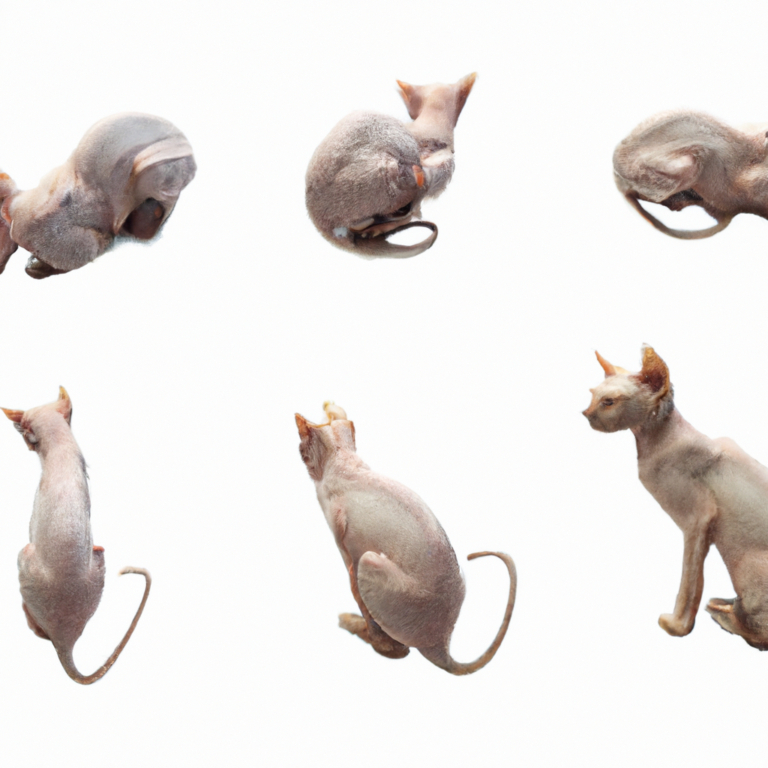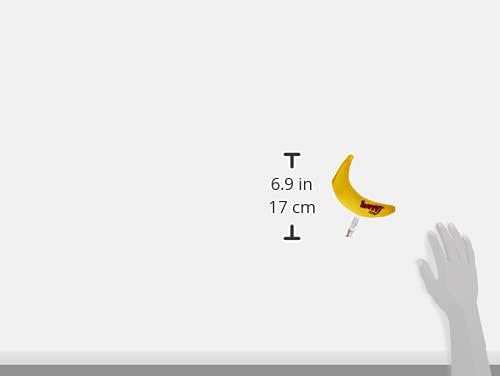When To Switch Kitten To Cat Food
Congratulations on becoming a cat parent! As your playful little furball grows, you may start wondering when to transition from kitten to cat food. Ensuring your feline friend receives the right nutrition at each stage of life is essential for their overall health and happiness. In this article, we’ll explore the key factors to consider when deciding when to make this important switch, so you can confidently nourish your kitten into a thriving adult cat.
Factors to Consider
Age of the Kitten
When considering when to switch your kitten to cat food, it’s important to take into account their age. Kittens typically start weaning off their mother’s milk and transitioning to solid food around four weeks of age. However, they may still require a special kitten formula or wet food until they are around eight weeks old. It’s crucial to consult with your veterinarian to determine the most suitable timing for the switch based on your kitten’s individual needs and development.
Health and Development
The overall health and development of your kitten are crucial factors to consider when deciding when to switch them to cat food. Kittens need specific nutrients, such as DHA, for optimal brain and vision development. They also require higher protein and calorie content to support their rapid growth. Monitoring your kitten’s health and consulting with your veterinarian will help ensure they are meeting their developmental milestones and are ready for the switch to adult cat food.
Nutritional Needs
Understanding your kitten’s nutritional needs is vital when determining the timing of switching to cat food. Kitten food is formulated to provide the extra nutrients necessary for their growth and development. High-quality kitten food contains the right balance of proteins, fats, and vitamins to support their energy levels and immune system. As your kitten ages, their nutritional requirements evolve, and switching to cat food that meets their specific needs becomes important.
Weight and Body Condition
Evaluating your kitten’s weight and body condition is essential when deciding if it’s time to make the switch to cat food. Kittens usually have a lean and muscular physique, and their weight gain should be consistent with their age and breed. If your kitten is already reaching their adult size and maintaining a healthy weight, it may be an indication that they are ready for the transition. However, it’s always best to consult with your veterinarian to ensure an appropriate time to switch based on your kitten’s individual growth and body condition.
Preference and Adaptation
Every kitten is unique, and their preference and adaptability to new foods can also influence the timing of transitioning to cat food. Some kittens may become more curious and interested in exploring adult cat food as they observe their feline companions or their human family members eating it. However, other kittens may be hesitant to try new foods, requiring a more gradual introduction and longer transition period. Taking your kitten’s preferences and adaptability into account will help make the switch to cat food a smoother and more successful process.
Transitioning Process
Gradual Introduction
When switching your kitten to cat food, a gradual introduction is often recommended. Start by mixing a small amount of cat food with their regular kitten food. Monitor your kitten’s response and gradually increase the proportion of cat food over a period of one to two weeks. This gradual transition allows their digestive system to adjust to the new food and minimizes the risk of digestive upset or refusal to eat.
Selecting the Right Cat Food
Choosing the right cat food for your kitten’s transition is vital for their overall health and well-being. Look for high-quality cat food that is specifically formulated for adult cats. Ensure that the cat food meets the nutritional requirements recommended by veterinarians and regulatory bodies. Reading the labels and understanding the ingredients in the cat food will help you make an informed decision that promotes your kitten’s optimal health during the transitioning process.
Mixing Kitten and Cat Food
To facilitate the transition, mixing kitten and cat food is a helpful strategy. Start by mixing a small portion of cat food into your kitten’s regular meals. Gradually increase the proportion of cat food while reducing the amount of kitten food over time. This gradual mixing allows your kitten to become familiar with the new taste and texture of adult cat food without causing a sudden dietary change that could disrupt their digestive system.
Monitoring the Transition
Keep a close eye on your kitten throughout the transition process. Monitor their appetite, stools, and overall behavior to ensure a smooth adjustment to the new food. If you notice any signs of discomfort, digestive upset, or refusal to eat, consult with your veterinarian for guidance. Every kitten is unique, and some may require a longer transition period or different approaches to make the switch successfully.
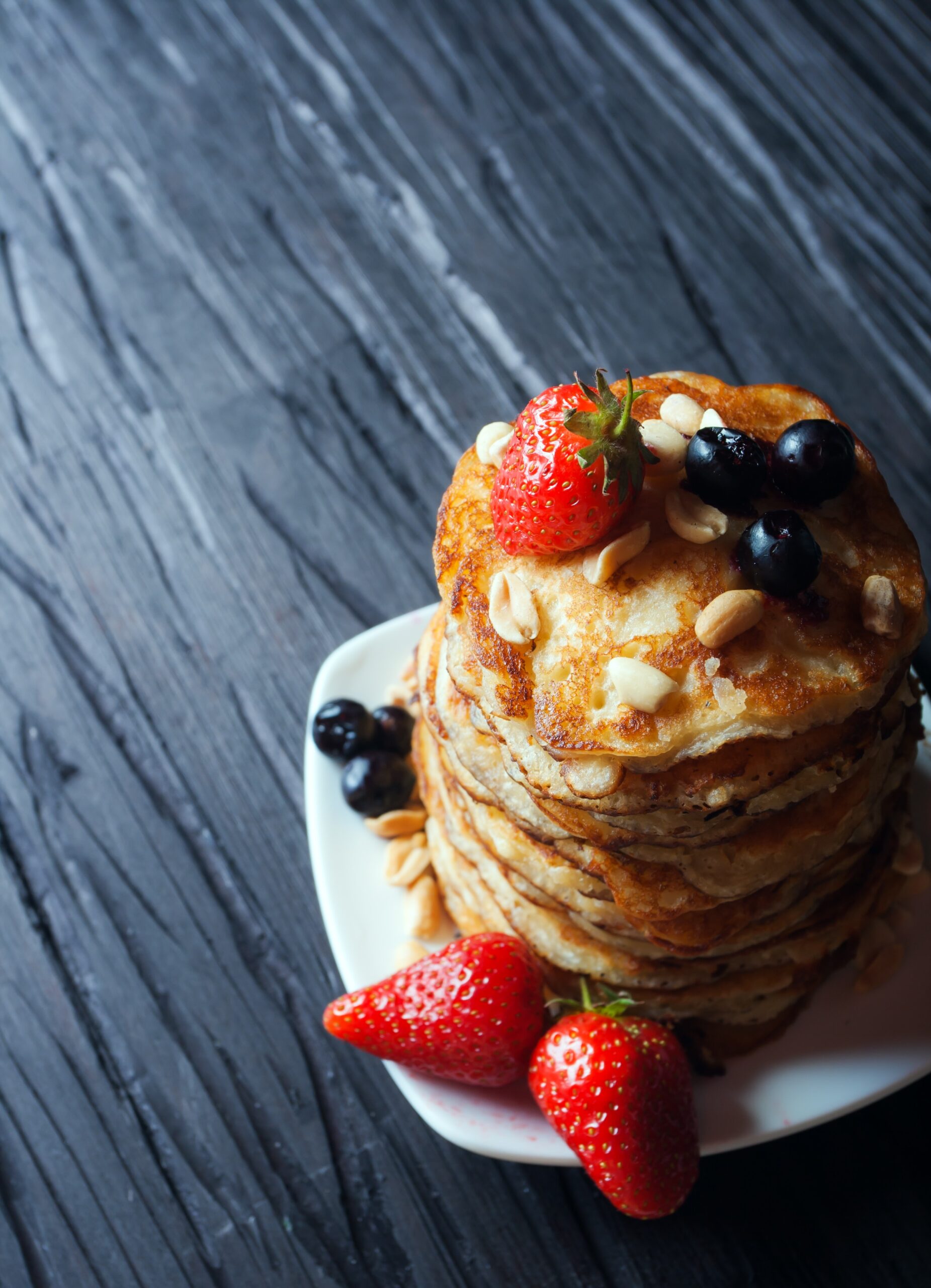
Signs that Indicate the Time is Right
Consistency of Stool
The consistency of your kitten’s stool can provide valuable insights into their digestive health and readiness for transitioning to cat food. When your kitten’s stool becomes firmer and well-formed consistently, it is often an indication that their digestive system is adapting well to solid food. Loose or consistently runny stools may suggest that your kitten’s digestive system is not yet ready for the switch or may be experiencing difficulty in digesting the new food.
Appetite and Satiety
Observing your kitten’s appetite and satiety is crucial when determining if they are ready for adult cat food. Kittens typically have high energy levels and may exhibit a healthy appetite. However, if your kitten is consistently finishing their meals and showing signs of being full and satisfied, it could be a sign that they are ready for a more calorie-dense adult cat food. On the other hand, if your kitten still seems constantly hungry or continues to require frequent meals, they may still benefit from the higher calorie content in kitten food.
Physical Growth and Muscle Tone
Assessing your kitten’s physical growth and muscle tone can be helpful in determining the right time to transition to cat food. As kittens mature, they develop a lean and muscular body structure. If your kitten’s growth rate has slowed down, they have reached their expected adult size, and their muscle tone appears well-developed, this is often an indication that they are ready for adult cat food. However, remember that each kitten grows and develops at a different pace, so consulting with your veterinarian is important in making an accurate assessment.
Dental Health
Your kitten’s dental health is another aspect to consider when deciding if it’s time to switch them to cat food. Kittens go through teething, and their baby teeth start to fall out around three to four months of age. By the time they are around six months old, their adult teeth should have fully erupted. If your kitten’s teeth and gums appear healthy and they are chewing their food comfortably, it is a positive indication that they are ready for the firmer texture of cat food. However, if you have any concerns about your kitten’s dental health, it’s best to consult with your veterinarian before making the switch.
Risks of Switching Too Early
Insufficient Nutritional Intake
Switching your kitten to cat food too early can lead to inadequate nutritional intake. Kittens have higher energy requirements for growth, and their food needs to provide the necessary nutrients to support their development. Cat food formulated for adult cats may not fulfill these specific nutritional needs, resulting in potential nutritional deficiencies if introduced prematurely. It is essential to consult with your veterinarian to determine the appropriate timing for the switch to ensure your kitten’s nutritional requirements are met.
Developmental Issues
Kittens undergo rapid growth and development during their first year of life. The nutrients present in kitten food are specifically designed to support their overall development, including brain and vision development, bone formation, and immune system function. If your kitten is switched to adult cat food too early, they may miss out on these critical nutrients, potentially leading to developmental issues and long-term health concerns. Always consult with your veterinarian to ensure an appropriate transition based on your kitten’s specific developmental needs.
Digestive Problems
Abruptly switching a kitten to cat food can result in digestive problems. Kittens have more sensitive digestive systems compared to adult cats, and an immediate change in diet can be challenging for their digestive system to handle. They may experience diarrhea, stomach upset, or gastrointestinal issues if the switch is made too quickly. Gradually introducing and transitioning your kitten to cat food allows their digestive system to adapt and minimize the risk of digestive problems.
Behavioral Changes
Switching a kitten to cat food too early can potentially lead to behavioral changes. Kittens thrive on routine and familiarity, and sudden changes in their diet can cause them stress or discomfort. They may become more finicky with their food, refuse to eat, or exhibit other behavioral changes. Taking the time to transition your kitten gradually can help minimize these potential behavioral disruptions and create a smoother adjustment to their new diet.

Risks of Delaying the Switch
Excessive Calorie Intake
Delaying the switch to cat food can result in excessive calorie intake for your growing kitten. As kittens age, their growth rate gradually decreases, and their calorie needs start to decline. If they continue consuming high-calorie kitten food beyond their nutritional requirements, it can lead to excessive weight gain and obesity. Monitoring your kitten’s growth and consulting with your veterinarian will help determine the appropriate timing for the switch to cat food and prevent potential weight-related issues.
Obesity
Prolonging the switch to cat food for too long can contribute to the development of obesity in your kitten. Obesity is a common health concern in cats and can lead to various health issues, including diabetes, joint problems, and reduced lifespan. Adult cat food is formulated to meet the nutritional needs of cats while maintaining a healthy weight. Gradually transitioning your kitten to this appropriate diet will help prevent excessive weight gain, promoting their long-term health and well-being.
Allergies and Sensitivities
By delaying the switch to cat food, your kitten may miss out on the opportunity to identify potential allergies or sensitivities. Introducing new foods gradually allows you to monitor your kitten’s response and detect any adverse reactions early on. If your kitten has specific food allergies or sensitivities, switching them to a hypoallergenic or specialized diet at the appropriate time can help prevent uncomfortable and potentially severe allergic reactions.
Dental Health Concerns
Kittens go through teething, and their adult teeth start to emerge in their first few months of life. Delaying the switch to cat food can impact their dental health. Adult cat food often has a firmer texture compared to kitten food, which helps promote dental health by reducing the accumulation of plaque and tartar. Switching your kitten to cat food at the right time can aid in maintaining their dental hygiene and preventing future dental health concerns.
Special Considerations
Breed-Specific Guidelines
Certain cat breeds may have specific dietary requirements or guidelines that need to be considered when deciding when to transition them to cat food. For example, some large or giant breeds may continue growing for a longer period and may require kitten food for an extended duration. Additionally, certain breeds may be more prone to specific health issues, and specialized diets may be recommended. Consult with your veterinarian, who can provide personalized advice based on your kitten’s breed and individual needs.
Health Conditions or Medical Issues
If your kitten has any underlying health conditions or medical issues, it’s essential to take them into consideration when determining the appropriate timing for the switch to cat food. Some medical conditions may require a more specialized diet, and transitioning too early or delaying the switch can affect their health and well-being. Consulting with your veterinarian will help ensure that any necessary dietary adjustments are made based on your kitten’s specific health requirements.
Consulting with a Veterinarian
Consulting with your veterinarian throughout the transitioning process is highly recommended. They have the expertise to assess your kitten’s individual needs and provide guidance on the appropriate timing for switching to cat food. Veterinarians can also evaluate your kitten’s overall health, monitor their growth, and address any concerns or complications that may arise during the transition.
Providing Proper Nutritional Supplements
If you decide to transition your kitten to cat food, it’s important to ensure that they are receiving all the necessary nutrients. Some cat foods may require additional supplementation to meet your kitten’s specific nutritional needs during and after the transition period. Your veterinarian can guide you in choosing appropriate supplements, such as omega-3 fatty acids or joint supplements, if they are beneficial for your kitten’s health.
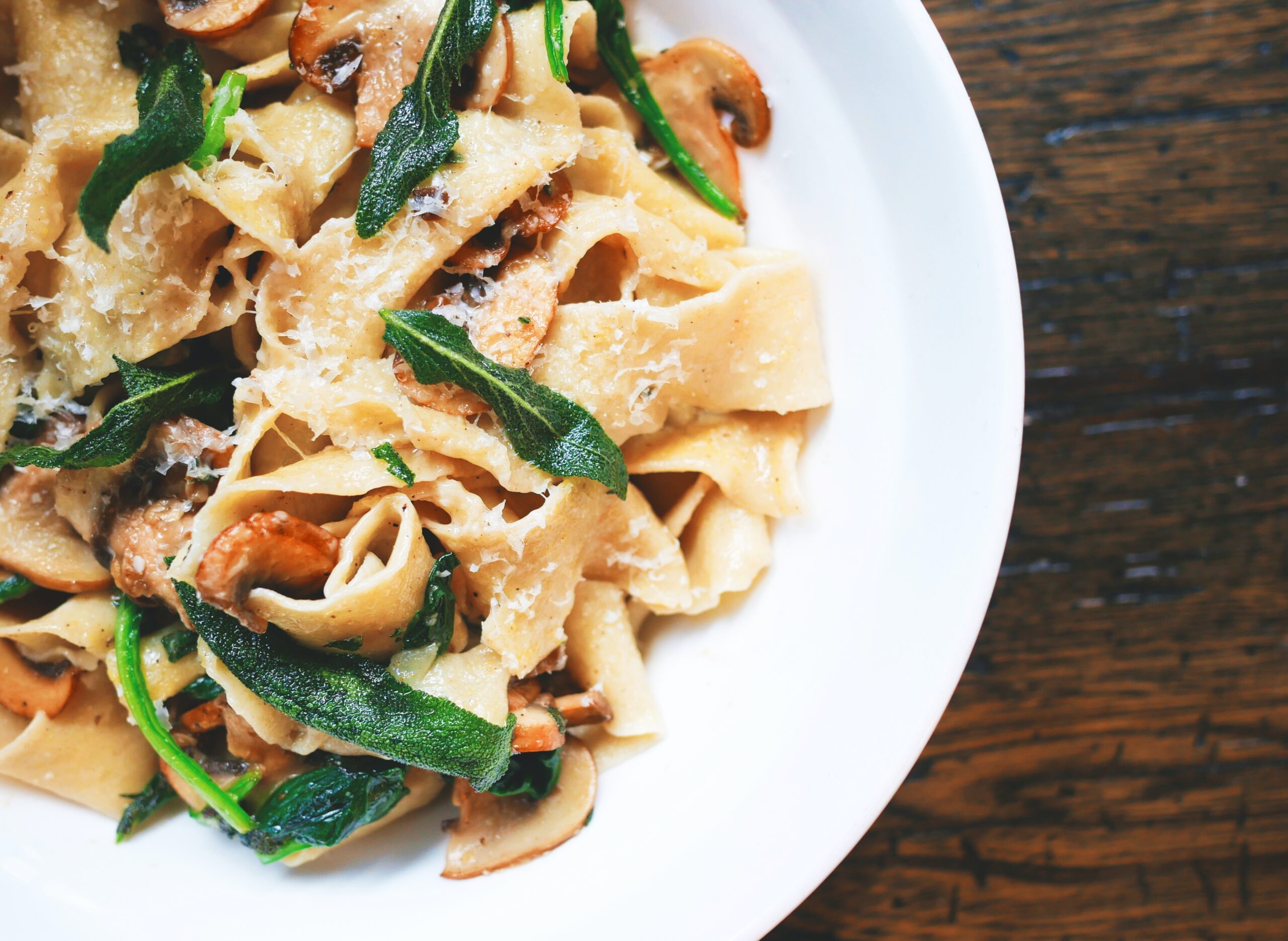
Frequently Asked Questions
What age should I switch my kitten to cat food?
The appropriate age to switch your kitten to cat food can vary depending on multiple factors, such as their health, growth rate, and individual needs. Kittens usually start the transition between four to eight weeks of age when they begin weaning off their mother’s milk. However, it is best to consult with your veterinarian to determine the most suitable timing based on your kitten’s development and nutritional requirements.
How can I tell if my kitten is ready for adult cat food?
There are several signs that indicate your kitten may be ready for adult cat food. These signs include consistent well-formed stool, showing satiety after meals, reaching their expected adult size, and maintaining a healthy weight. It’s important to monitor your kitten’s growth, consult with your veterinarian, and assess their individual needs to determine if they are ready for the switch.
Can I switch my kitten’s food abruptly?
Abruptly switching your kitten’s food is generally not recommended, as it can cause digestive upset and stress. Kittens have sensitive digestive systems, and a sudden change in their diet can lead to diarrhea, vomiting, or refusal to eat. Gradually transitioning your kitten with a mix of their current food and the new food over a period of one to two weeks is often the best approach to minimize any potential issues.
What should I do if my kitten refuses to eat cat food?
If your kitten refuses to eat cat food, it’s important not to force the switch. Some kittens may be more finicky with their food preferences or take longer to adapt to new tastes and textures. You can try mixing small portions of the new cat food with their regular kitten food and gradually increasing the proportion over time. Patience and consistency are key, and if concerns persist, it’s always best to consult with your veterinarian for personalized advice and further guidance.
Conclusion
Knowing when to switch your kitten to cat food is an important decision that requires careful consideration. Factors such as age, health, nutritional needs, and your kitten’s individual preferences all play a role in determining the appropriate time for the transition. By gradually introducing adult cat food, monitoring your kitten’s response, and consulting with your veterinarian, you can ensure a smooth and successful switch that promotes your kitten’s optimal health and well-being. Remember, every kitten is unique, so trust your veterinarian’s guidance to make the best decision for your furry friend.

